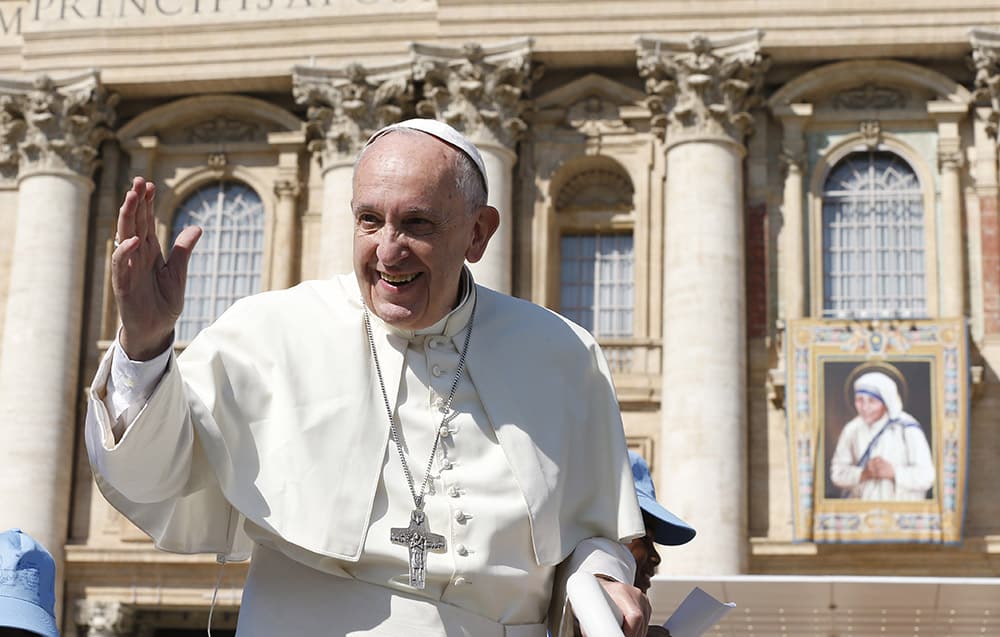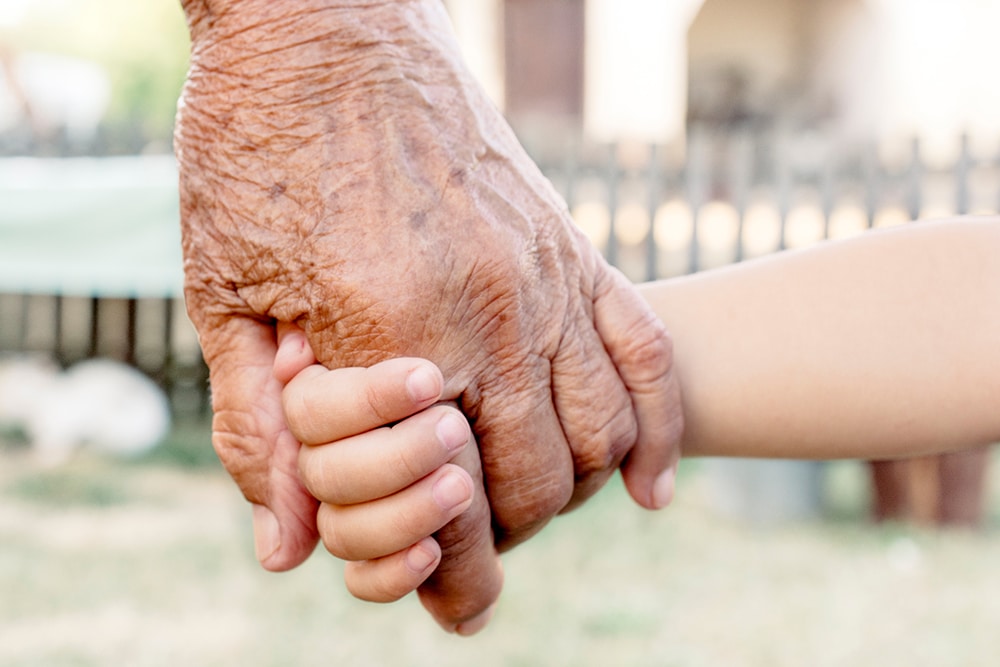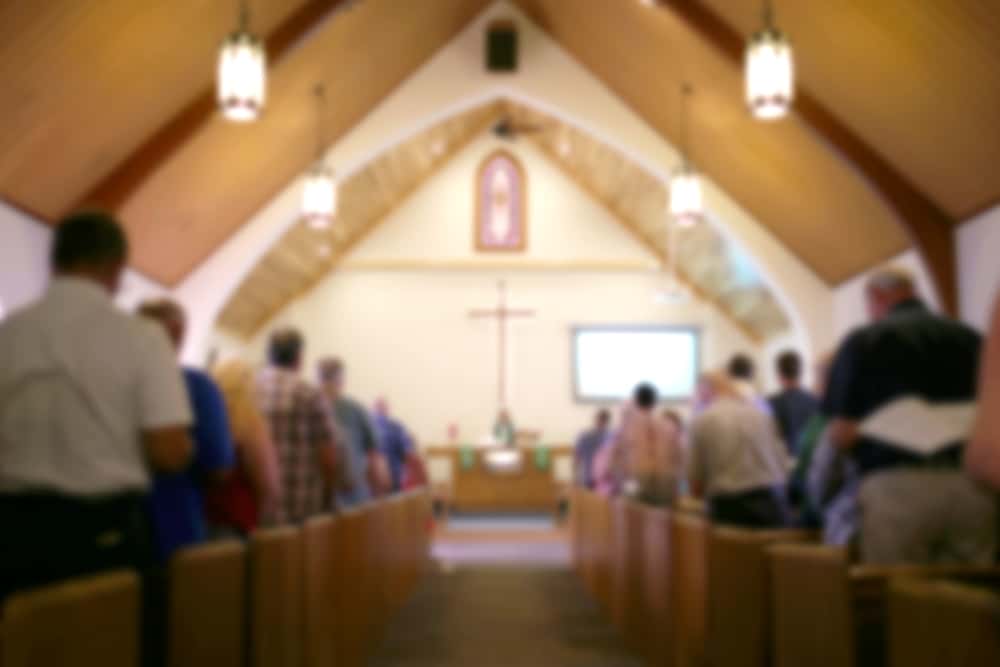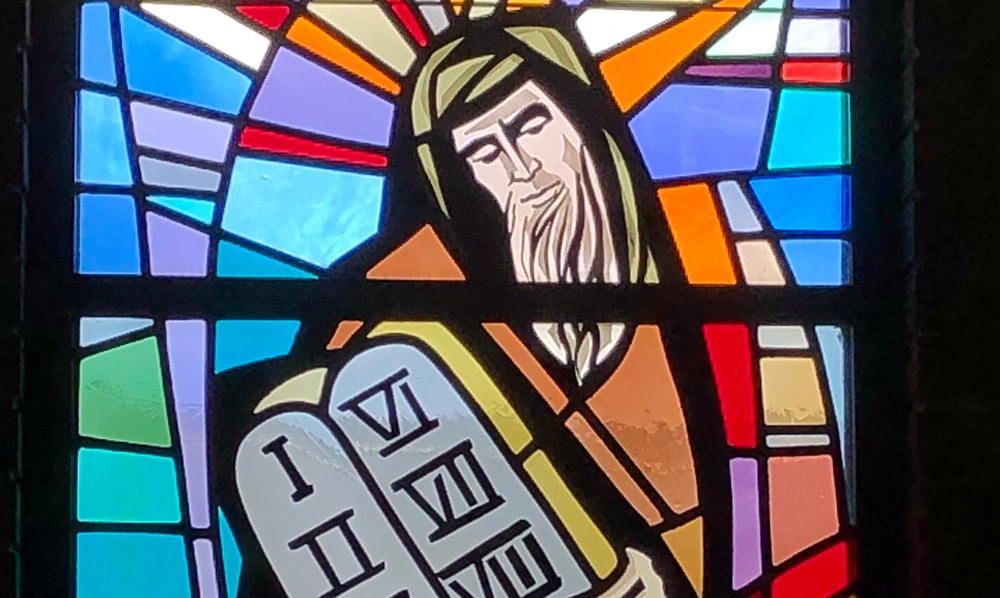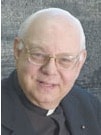 Catholic Schools Week, observed not very long ago, caused me to think about my 12 years of Catholic education, in elementary and secondary schools, and the magnificent lessons that I learned in more than reading, writing and arithmetic.
Catholic Schools Week, observed not very long ago, caused me to think about my 12 years of Catholic education, in elementary and secondary schools, and the magnificent lessons that I learned in more than reading, writing and arithmetic.
Martin Luther King Jr., Day occurred roughly at the same time. Recalling Dr. King brought back memories of the civil rights movement years ago, but also of my Catholic education.
I am a graduate of Father Ryan High School, a diocesan school in Nashville, Tennessee. Proudly I note that it was the first school in the former Confederacy to drop the racial segregation restriction that was mandated by law in the South, and in other places as well, until in 1954 the United States Supreme Court judged that this deeply embedded policy of separating people on the basis of race was unconstitutional.
Actually, I was in the first class to go through all four years of high school at Ryan after segregation was ended.
Many years have passed since then. Not many Americans now remember the volcano of emotions that surrounded the dismantling of racial segregation. Relatives and friends bitterly quarreled. Politicians ran on platforms promising to defy the Supreme Court’s ruling in the matter. The apartheid touched every facet of life.
It was violent. People died, such as Medgar Evers, the three young volunteers who were helping African-Americans to vote in Mississippi, and even four innocent little girls in Birmingham, Alabama. Homes were bombed. People were assaulted. We fear terrorism today. We had it then.
In this firestorm, adolescents such as myself had to form opinions. Thank God that I was at Father Ryan, and I thank God for those marvelous priests who composed its faculty. They taught us vitally important lessons.
Since we were in the first school in the South to set segregation aside, we made national news. One of the national networks came to do a story. The reporter asked Father Francis R. Shea, the principal, how many blacks were enrolled. Wise and poised, a future bishop of Evansville, Indiana, Father Shea was direct in his answer. He said that he did not know how many blacks, or how many whites, were registered. He only knew the number of students, since the school took no notice of anyone’s race.
At lunch the first day, surely feeling awkward and uneasy, the African-Americans went to tables by themselves. Without saying a word, but thunderous in their message, several priests joined them.
If asked why we were desegregated, the priests answered without pause that Father Ryan was a Catholic school, and that we students were Catholics. The Catholic Church sees every human being as a wonderful gift of God. Period.
We never had an incident. Turmoil and anger raged everywhere, but it never spilled onto our campus.
These memories, these lessons, have remained in my mind and in my heart, giving me purpose throughout my life.
My elementary education was under the Dominican Sisters of St. Cecilia at Overbrook School in Nashville. When I reached college and took English Composition and Rhetoric 101, I thought that I knew more than my learned professor, because of what I learned from Sister Mary Joseph in eighth grade.
The sisters taught me much more, however, than not to split infinitives. They taught us all that we needed God, and that God always loved us and would be with us. They taught us to trust God. They taught us to be good to others. They taught us to love the Church, a necessity for the mystical Body of Christ, despite the imperfect human beings within it.
The news these days about Catholic schools is not always reassuring.
I have no children, but were I a parent, feeling my obligation to my children, I know the only schools that I would try to provide for them. As did I, I would want them to learn more than reading, writing and arithmetic.
Msgr. Owen F. Campion is OSV’s chaplain.


